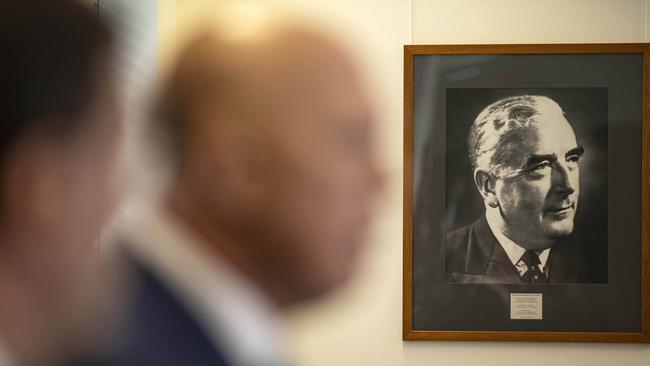
The Albanese government looks like the party of established power, yet established power in Australia in 2023 is a deeply equivocal asset resented by much of the community.
Meanwhile the Dutton-led Liberal Party looks largely institutionally friendless. For those of us who reported on the decade of the 1970s, when the Liberals were cast as the “born to rule” brigade running virtually everything, the reversal of roles seems near revolutionary.
Yet this role reversal might become Albanese’s curse. This Labor government looks aligned to established power at a time when a majority of the people feel that too many leaders in positions of privilege and authority have forsaken ordinary people and no longer serve their interests.
The insiders-outsiders schism is back with real vengeance.
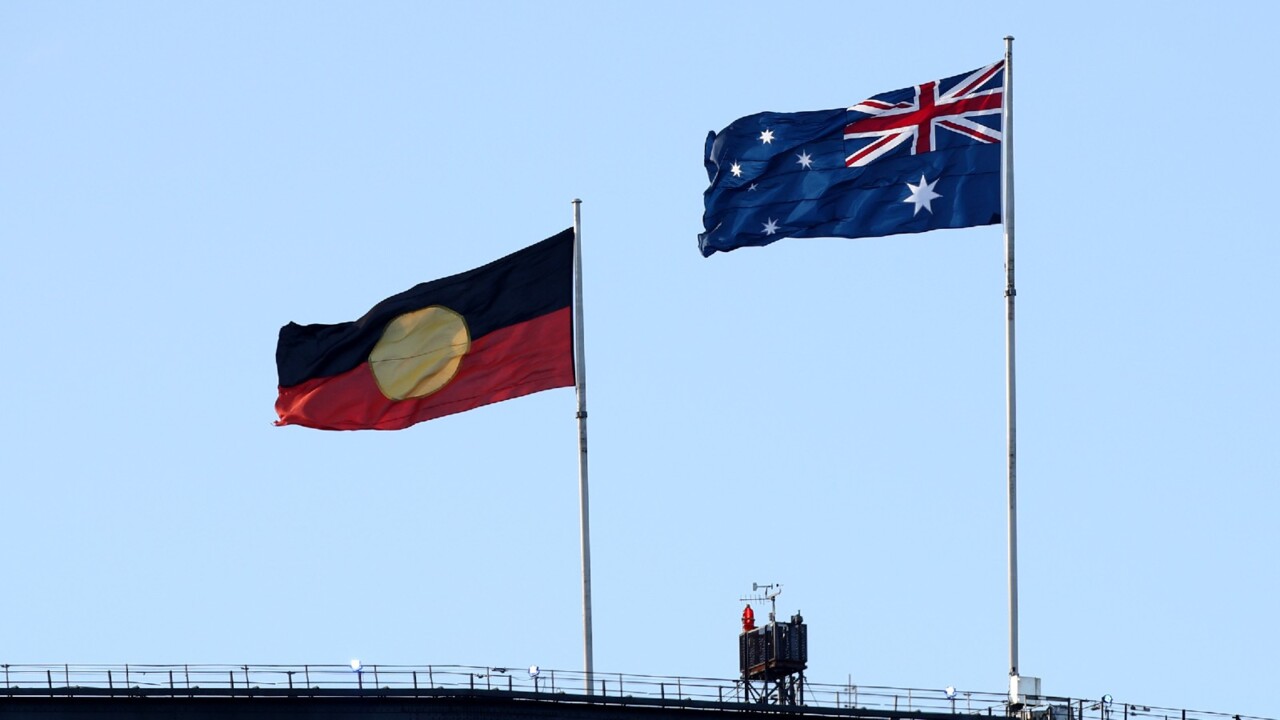
Consider the Albanese government. It runs industrial relations for the trade unions; bandwagons with the powerful industry super funds; backs financial power in clean-energy capitalism; aligns with corporate across the cultural agenda; cultivates its business mates, such as Qantas; shares with the Greens the status as the party of higher education and universities, wins kudos from professional classes disillusioned with the Liberals; and draws institutional and cultural backing from inner-city and higher-income groups for its values and group rights agendas – witness constitutional empowerment of an Indigenous representative body.
Dutton’s position has a strong historical resonance. It recalls that of Robert Menzies during his long period as opposition leader during the 1940s. That’s when Menzies decided the Liberal Party would be based on an appeal to people who had no power, no voice, no organisation, no mobilisation, and were overlooked or patronised by the organs of influence.
They were, of course, the “Forgotten People” but described by Menzies as the “backbone of the nation”. They believed in family, faith and nation, responsibility before rights, self-improvement, equality and shared values. They wanted a country that pulled together.
Albanese in 2023 is distinctly vulnerable to an upgraded Liberal appeal along these lines. The opening for Dutton, based on current circumstances, is pledging the Liberals as the party to restore middle-class economic prosperity and middle-class values – tying the two ideas together – and this slots perfectly into the sheer depth of community disillusionment with the people who have power in Australia today.
Australia and the world is locked into a cycle of high inflation with the Reserve Bank nearly certain to increase interest rates further and cost-of-living pressures likely to remain beyond the next election. For a long time the government escaped political blame. Yet the process of attrition is at work, reinforced by the perception of Labor’s confused priorities and lack of strategic direction.
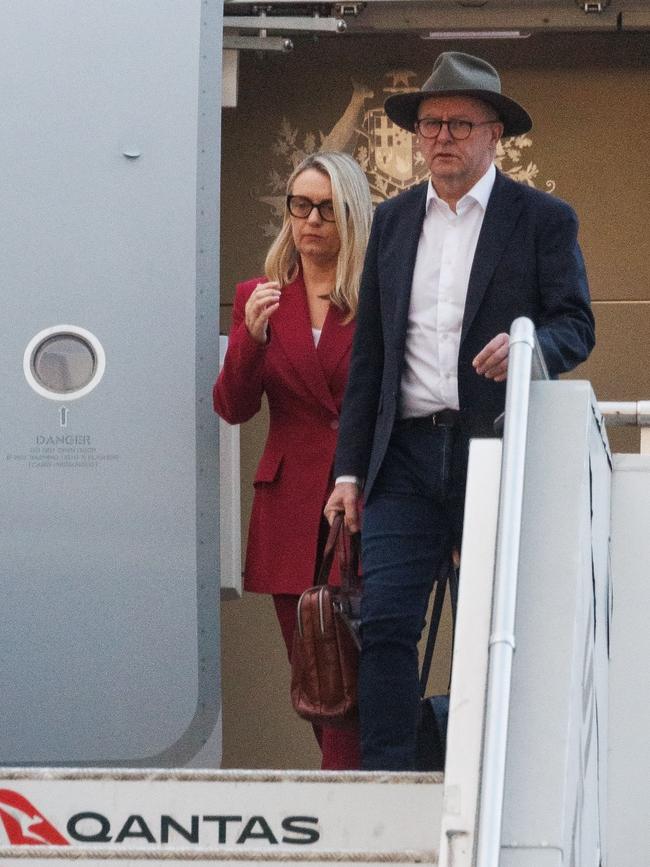
At the same time the images of elite power and lecturing seem everywhere – unions demanding better statutory protections; companies defending their economic bottom line while doubling down on their promotion of social and environmental values; the march of renewables being imposed on the regions; perpetual rising power bills from a system that nobody can control; and constant lectures from progressive opinion-makers telling people to change their ways and improve the moral foundation of their life in relation to racial, gender and diversity issues.
Elite self-awareness is poor and self-regard is high. That explains why most of the elites have trouble sorting out the real attitudes of democratic Australia and why they are resented. Any idea that an astute opposition leader such as Dutton will not tap into this sentiment is fatuous. Indeed, Dutton might prove highly effective in speaking to Labor voters.
The sense of community impatience is guaranteed to grow. Australia has been underperforming for much of the past 15 years. That is fact based on poor per capita income growth, weak productivity and inadequate real wages growth. The former Coalition government must take a lot of the blame given its nine years in office.
But this is a wider failure of institutional leadership. The people who have power in Australia have underperformed. The wider community has genuine grounds for complaint. The absence of a cohesive national strategy is apparent and comes with damaging consequences.
As Dutton contemplates his approach post-voice nearly every cultural and economic indicator points to the same iron logic: a campaign by Dutton on behalf of the working class, people in the regions, and the suburban and outer metropolitan middle class who feel they are being sacrificed.
How are they being sacrificed? It is a long list. By a power structure delivering massive gains to people with capital at the expense of those on wages; by an education system that betrays the future of young people; by regulatory failure that denies home ownership to a significant section of an entire generation; by poor productivity that has diminished the growth in living standards for most wage earners, and by the promotion by elites, often under the diversity banner of identity politics, thereby assaulting the classic liberal principle of equality regardless of race, gender, sex or religion, the principle that has underpinned our democracy. There is no guarantee the Liberals can successfully seize this obvious political opening. If they respond to this opportunity with another bout of right-wing myopia and pro-Trump hysterics they will finish even further behind than in 2022.
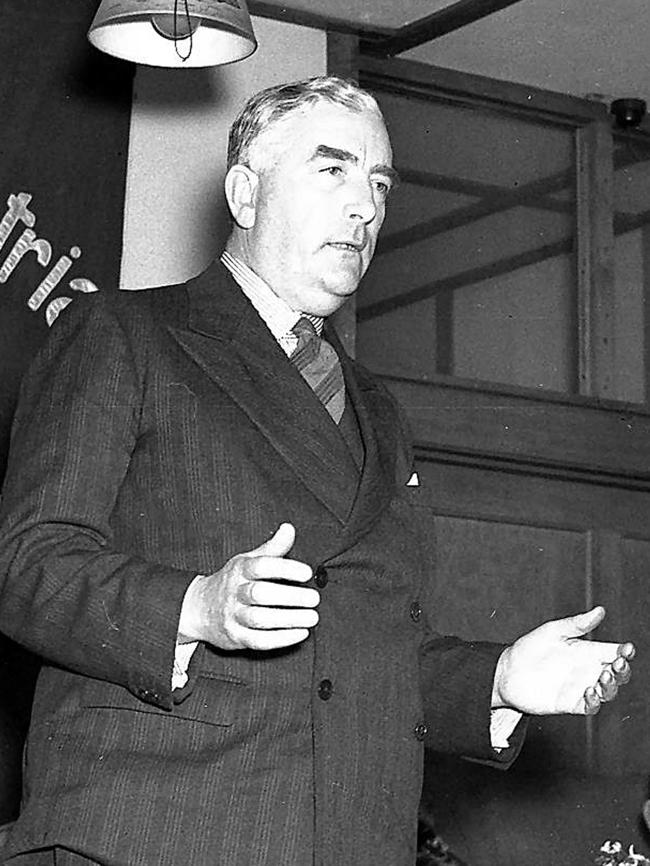
The Menzian strategy was to focus on what mattered to people in their daily lives, not running self-indulgent ideological campaigns for the conservative true believers, one of the cardinal mistakes made in the last period of coalition government. That is the dead end for the Coalition. Dutton presumably is tough enough and experienced enough to navigate his way through. His tone as leader has been calm.
Dutton can only prevail by reaching out to Labor and independent voters. Any notion that Dutton could win the next election is surely unrealistic. The issue is whether he can win seats and reduce Albanese to the torment of minority government.
The Labor Party today bears little resemblance to the Labor Party of the Hayden-Hawke era. Any notion that Bill Hayden and Bob Hawke would have allowed their social justice faiths to include a referendum on an Aboriginal representative body in the Constitution is ludicrous.
Yet Albanese has spent more time as Prime Minister talking about racial disadvantage than class disadvantage. This is a guaranteed method to shrink the Labor vote. It is part of a bigger story – the transformation of Labor over 40 years to become a progressive party while renting out the back room to a full-time trade union boarder.
Albanese’s profile as Prime Minister is increasingly defined by progressive causes – climate change, renewable industry, Indigenous rights, gender equity – but this is not a majority position. Albanese’s embarrassment is how many Labor voters in marginal Labor seats rejected the most important statement so far of Albanese’s values.
It is easy to exaggerate the meaning of the referendum. Albanese, of course, remains the compassion politician who won in 2022 pledging to lift living standards, achieve real wage gains, reverse cost-of-living pressures and cut power prices – yet he cannot deliver on these core promises because of the depth of the structural problems. These solutions require longer-run reforms; short-term fixes won’t work.
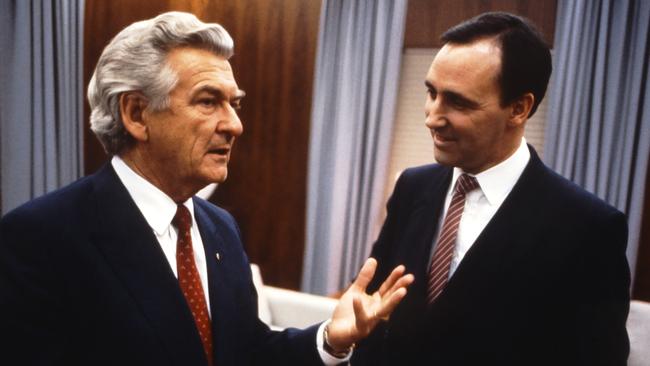
Here is Albanese’s dilemma – he cannot win solely as a progressive but he cannot deliver on his promised economic agenda for the workers and middle class. The nightmare is he falls between two stools: an authentic progressive who turns off too many people and an economic manager who cannot match a Hawke or Paul Keating, not even a Kevin Rudd.
Major problem, enter Dutton. The opportunity for Dutton is not just to run a negative campaign. That will be easy. His real test will be the promotion of a positive vision about what Dutton and the Liberal Party stand for today. The people voted out the Morrison government because they felt it lacked conviction. That’s the vacuum that needs to be filled.
Dutton’s job is to frame a strategic position for the Liberals and the Coalition in a changing Australia. That goes to conviction and belief – but the really hard part is the development of policy to make the strategy credible.
The Liberals now function in a world foreign to most of their existence – the collapse of Liberal cultural hegemony and the loss of Liberal influence in the organs of established power. At face value these constitute a serious disadvantage.
The task for Dutton is to try to turn Liberal weakness into Liberal strength. The voice referendum will give him heart since virtually every organised power centre was against him and backing the voice. What does this suggest? Maybe that many forgotten Australians don’t necessarily think established power is on their side.
They value equality and unity; they are suspicious of special deals, community division, lecturing elites and groups rights. Above all, they want Labor to confront the economic problems that worry the community, not become part of the established power structure that talks a big talk but underperforms too often.


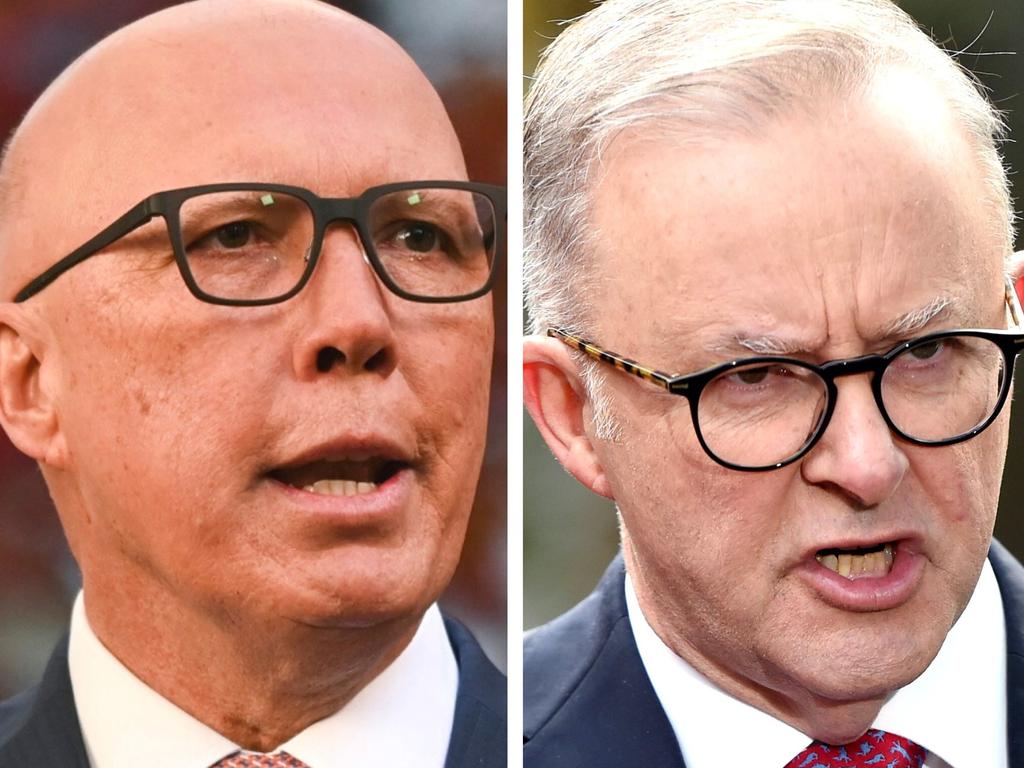


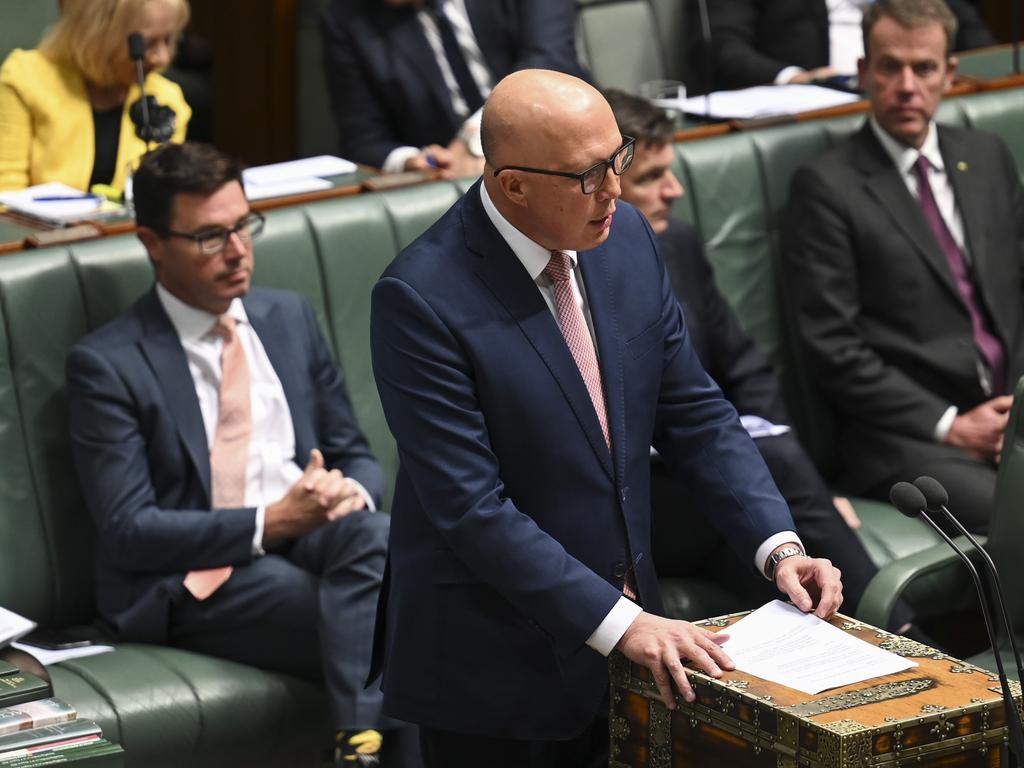


The strategic pathway is opening for Peter Dutton. Almost infamous as a hard man running negatives, Dutton now finds the 2022 existential crisis of the Liberal Party is matched by the identity dilemma confronting Anthony Albanese as Prime Minister.